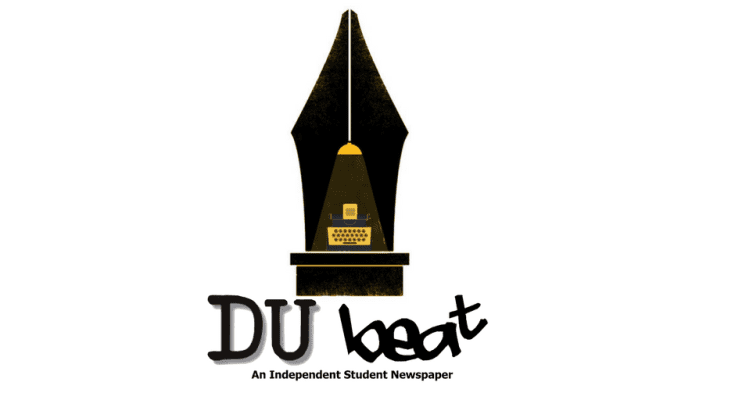With the danger of an outbreak looming upon us, the news we share on social media becomes even more important.
A study by Microsoft found that over 64 percent of Indians have encountered fake news online, the highest among the 22 countries surveyed. A public health crisis can shoot up the dissemination of irrelevant and fake news, which may include hoaxes to prevent or cure the virus. Famous Chinese messaging app, TikTok and WhatsApp have frequently been victims of videos and messages that claim to provide solutions to stop the virus.
The problem is not limited to facts. A large proportion of messages shared by people have little to do with verifiable facts and peddle prejudiced opinions. This includes influential people as well. Union Minister of State for Health, Ashwini Choubey, claimed that sunlight can improve immunity and kill coronavirus. There have been instances of people claiming that cow urine can cure people of the disease, which has been denied by scientists and the World Health Organisation (WHO). This vividly reflects that people choose to ignore facts owing to a repetition of certain messages within their circles.
Most of such messages reach the least informed people. They are prone to believe the things that they come across. Research published in 2018 has shown that during the Zika Virus outbreak, most popular messages contained fake headlines and content. Rumours obtained three times more shared than verified stories. Interestingly, rumours (20% of them) also portrayed Zika as a conspiracy against the public. This largely captures the behaviour of people when faced with a disease outbreak.
However, stories like these only worsen the situation. People fail to understand government policies and credible news, which do not reach people owing to an overwhelming number of irrelevant news in their inboxes. In a huge pile of messages and articles, the relevant ones are either ignored or are discredited.
By curbing down on such stories, right and requisite information can reach the people. With a dense population, India can get fatally affected by an outbreak, if it ever happens. One form of prevention lies in our hands, by selectively sharing information from verified sources. This boosts our self-interest as well
This obligates media houses as well. As the world of news has become faster due to the internet, media houses rush to get their hands on anything that can pacify their readers. They are notorious for capitalising on unverified stories using captivating headlines and vocabulary. As a need for legitimate news grows, media houses should act as India’s first line of defence to counter fake and irrelevant news.
The Press Information Bureau, along with other fact-checking organisation should work towards curbing the circulation of news and messages that claim unverified prevention measures. People should share correct preventive measures which are verified by organisations like the WHO or the Indian Council of Medical Research.
A truly reliable source of information these days is the WhatsApp contact of the WHO. It is a chat-bot that answers all queries pertaining to the novel coronavirus. Government websites are also equally effective.
The need to change our behaviour is immediate and intense.
Featured Image Credits: The Guardian
Kuber Bathla




